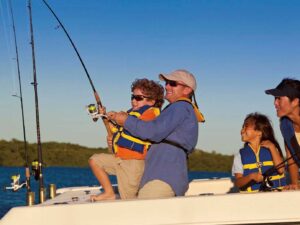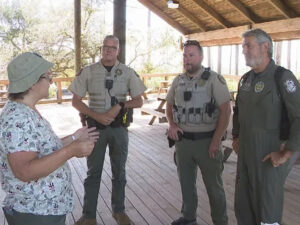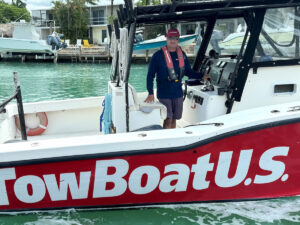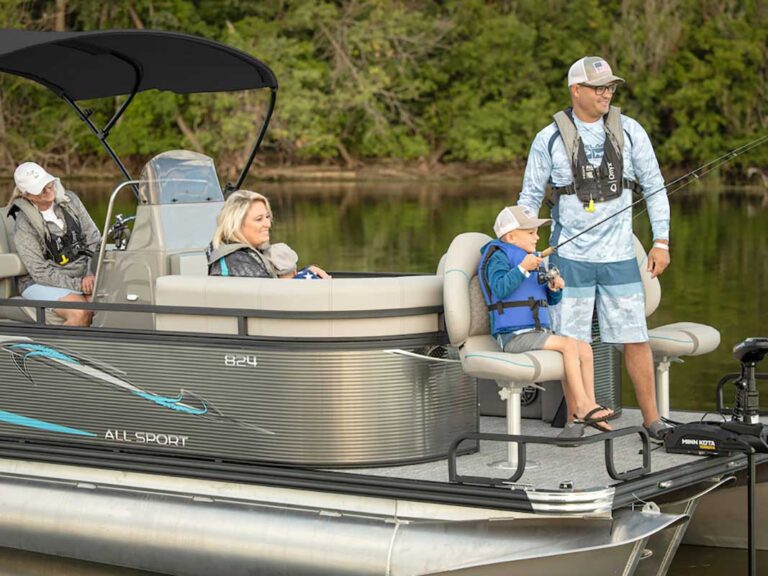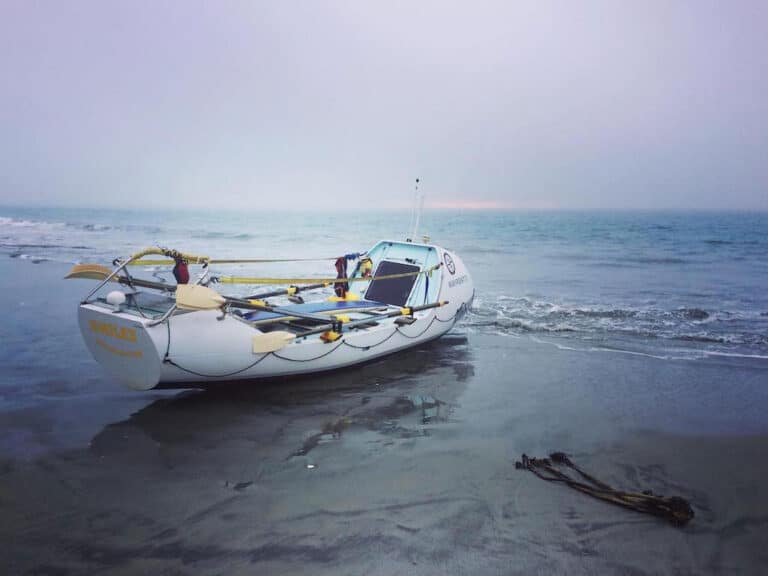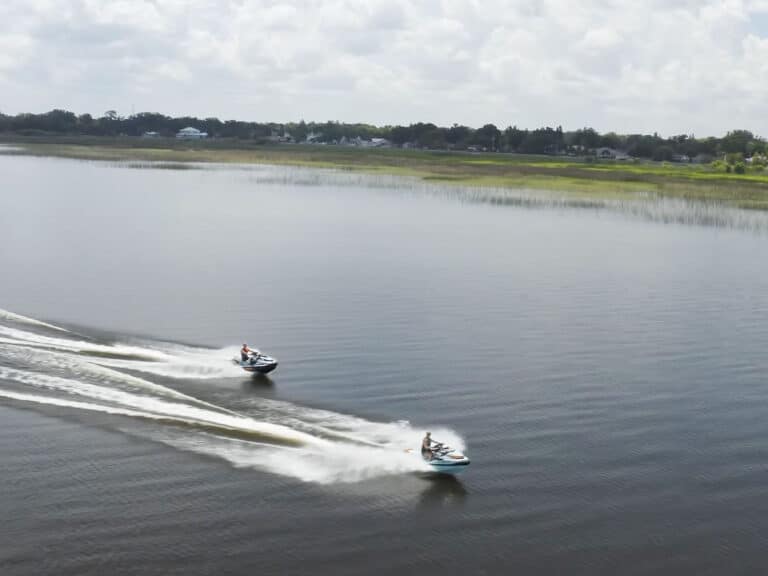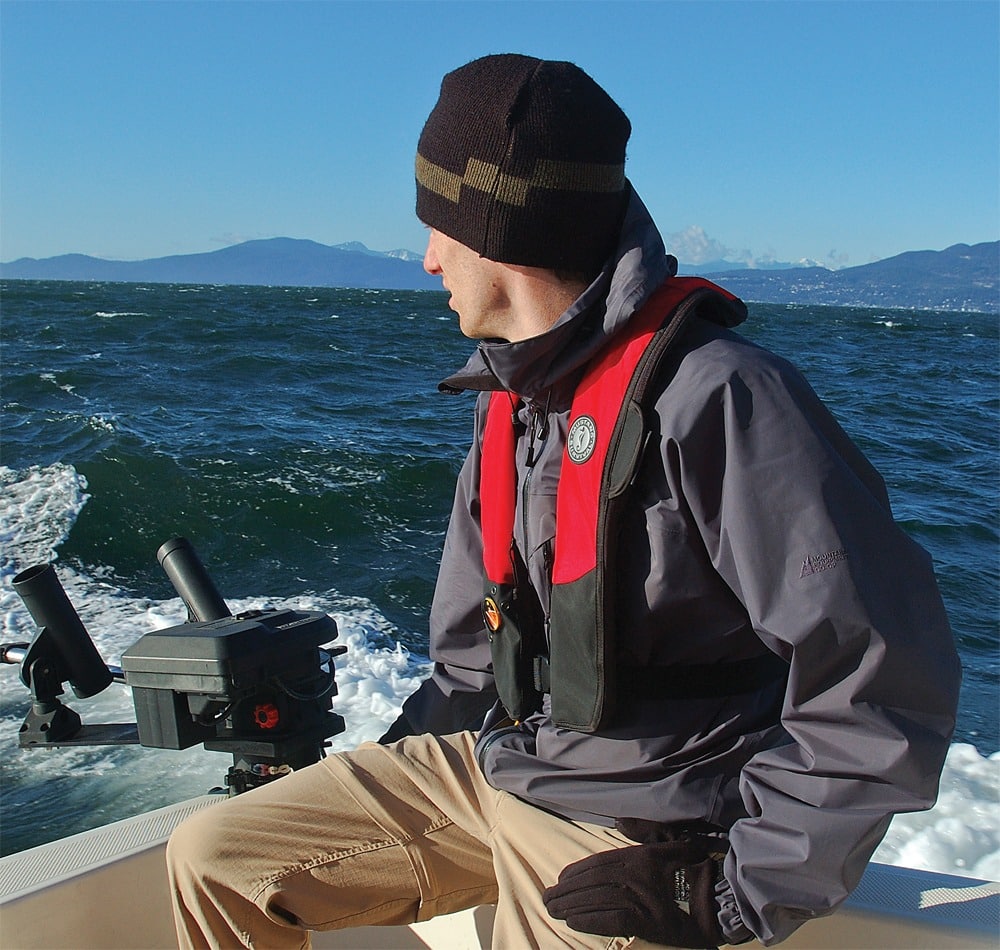
Many anglers and boaters take to the water year-round, even without the warm weather of leisurely summer days. But statistics show that, even during the off-season, boating accidents — some involving serious tragedies — will happen.
The U.S. Coast Guard and the National Safe Boating Council want to remind boaters that 85 percent of drowning victims in 2012 recreational boating accidents were not wearing a life jacket. “There’s no excuse not to wear a life jacket,” says Virgil Chambers, executive director for the council. “You can still have fun on the water while wearing a life jacket and boating responsibly.”
Along those lines, the North American Safe Boating Campaign has identified the top five excuses people offer for NOT wearing a life jacket. Here they are, with the campaign’s responses:
1. I have life jackets on board. Having life jackets on board the vessel is not enough. Accidents happen too fast to put on a stowed life jacket.
2. I’m a strong swimmer. Even a strong swimmer needs to wear a life jacket. During an emergency, clothing can become heavy or waterlogged while in the water.
3. It’s too hot and doesn’t look cool. Old-fashioned, bulky orange life jackets have been replaced with new styles, like inflatable life jackets that may resemble a pair of suspenders or a belt pack. These are much cooler in the warmer weather.
4. It gets in the way. There are life-jacket styles available for any recreational water activity – fishing, water sports, hunting, paddling and more. There are even styles for pets!
5. Nothing is going to happen to me. Face it, accidents happen. Boating can be a fun, safe and enjoyable activity, but when the “Wear It!” message is ignored, the consequences can be grim.
* * * * *
The U.S. Coast Guard is asking all boat owners and operators to help reduce fatalities, injuries, property damage, and associated healthcare costs related to recreational boating accidents by taking personal responsibility for their own safety and the safety of their passengers. Essential steps include: wearing a life jacket at all times and requiring passengers to do the same; never boating under the influence (BUI); successfully completing a boating safety course; and getting a Vessel Safety Check (VSC) annually from local U.S. Coast Guard Auxiliary, United States Power Squadrons(r), or your state boating agency’s Vessel Examiners. The U.S. Coast Guard reminds all boaters to “Boat Responsibly!” For more tips on boating safety, visit www.uscgboating.org.

